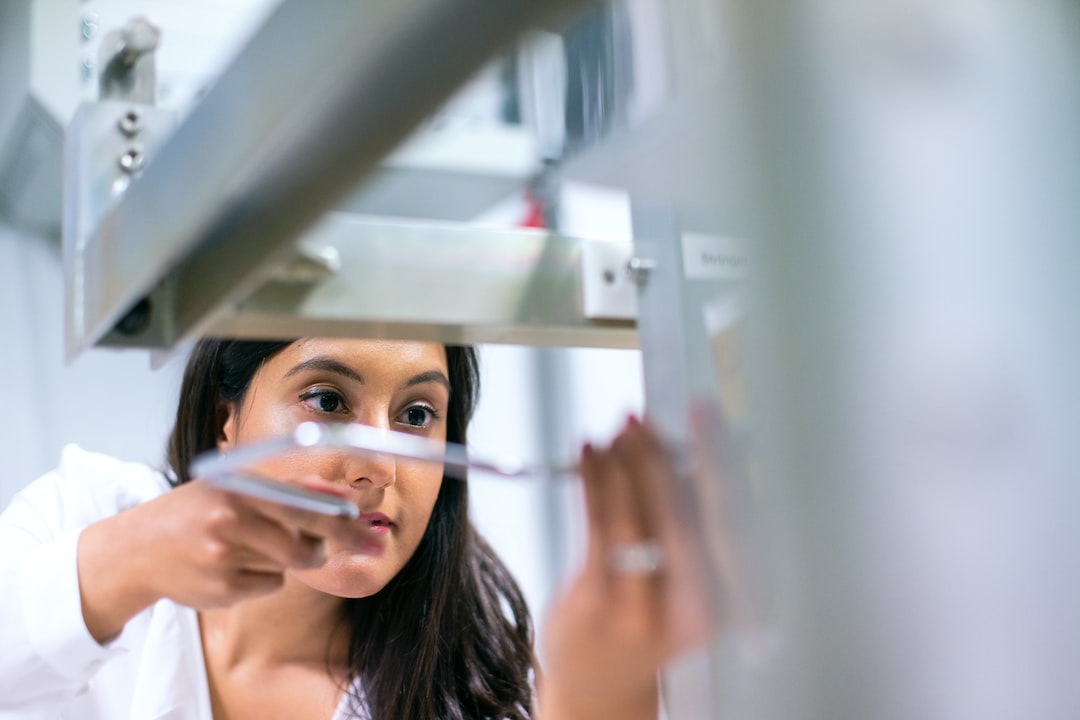Exploring the Future of Sustainable Packaging in Manufacturing
In recent years, there has been a significant increase in consumer awareness regarding the environmental impact of everyday products. As a result, sustainable packaging solutions have become a key focus for manufacturers across various industries.
Sustainable packaging refers to the use of materials and manufacturing processes that have minimal impact on the environment throughout their lifecycle. It aims to reduce waste, conserve resources, and promote the use of renewable materials. With the growing concern for the planet, sustainable packaging has transitioned from being a trend to a necessity.
One of the most crucial aspects of sustainable packaging is the choice of materials used. Traditionally, plastic has been the go-to material in packaging due to its durability. However, it also poses a significant threat to the environment. To combat this issue, manufacturers are turning to alternatives such as biodegradable and compostable materials.
Biodegradable packaging materials are designed to break down into natural elements over time, reducing the harmful impact on the environment. These materials include plant-based plastics, cornstarch, and recycled paper. Compostable packaging, on the other hand, can be broken down into organic matter that can be used as fertilizer for plants. These alternatives are not only eco-friendly but also help reduce the amount of plastic waste in landfills and oceans.
Another emerging trend in sustainable packaging is the use of renewable materials. This involves utilizing materials that can be replenished naturally, such as bamboo, hemp, and sugarcane. These materials require less energy and resources to produce compared to traditional ones, making them a more sustainable choice. Furthermore, they often have a lower carbon footprint and can be recycled or composted at the end of their lifecycle.
Advanced technologies are also contributing to the future of sustainable packaging. For instance, 3D printing is revolutionizing the manufacturing industry by enabling the creation of custom packaging designs without excess materials. This not only reduces waste but also allows for more efficient use of resources.
Additionally, smart packaging is gaining traction as a sustainable solution. Smart packaging refers to the integration of technology into packaging, allowing for features such as temperature monitoring, freshness indicators, and even interactive content. By providing consumers with real-time information about the state of the product, smart packaging helps to reduce food waste and improve overall sustainability.
Collaboration and innovation are key drivers of sustainable packaging. The industry is witnessing various collaborations between manufacturers, suppliers, and packaging companies to find new and improved solutions. These partnerships aim to develop innovative materials, manufacturing techniques, and recycling systems that further enhance the sustainability of packaging.
One example of such collaboration is the Loop initiative, which aims to eliminate waste by offering reusable packaging for everyday products. Customers receive their desired products in durable containers, which are then collected, cleaned, and refilled by the manufacturer. This approach significantly reduces packaging waste and promotes a circular economy.
In conclusion, the future of sustainable packaging in the manufacturing industry looks promising. With increasing consumer demand for environmentally friendly solutions, manufacturers are investing in innovative materials, technologies, and collaborative efforts. From biodegradable and compostable materials to smart packaging and 3D printing, the possibilities are endless. As manufacturers continue to explore and implement sustainable packaging practices, they pave the way for a greener and more responsible future.

